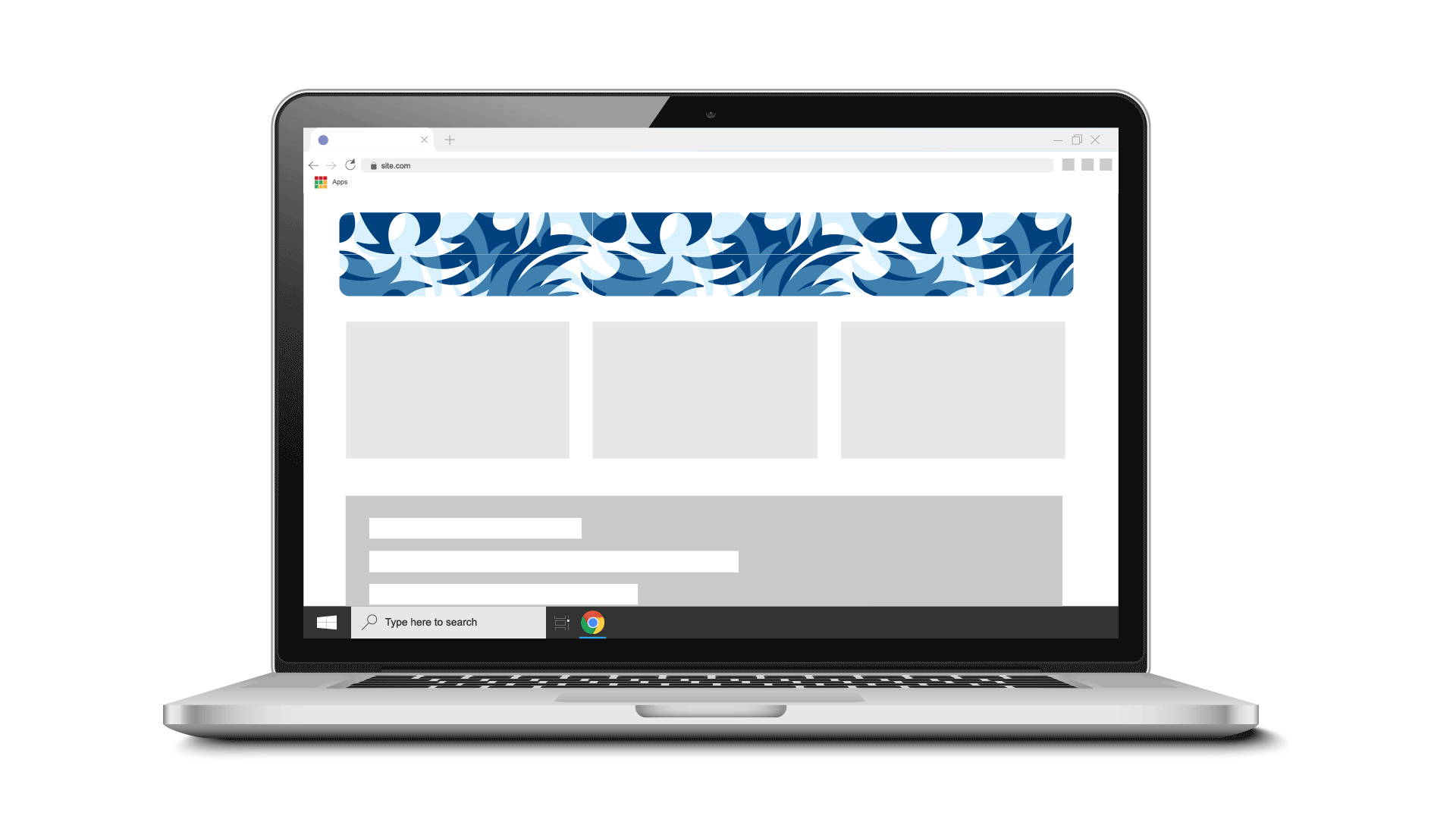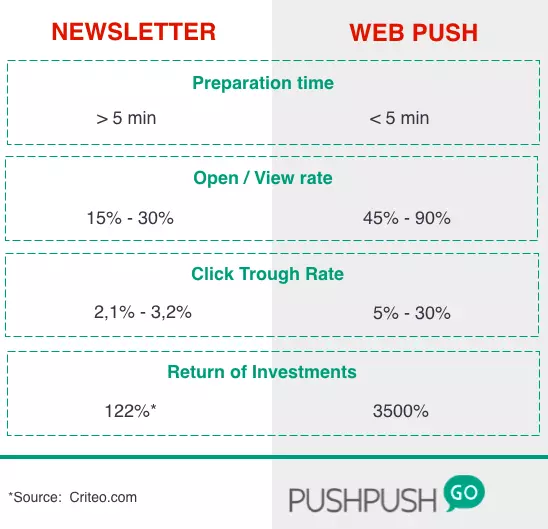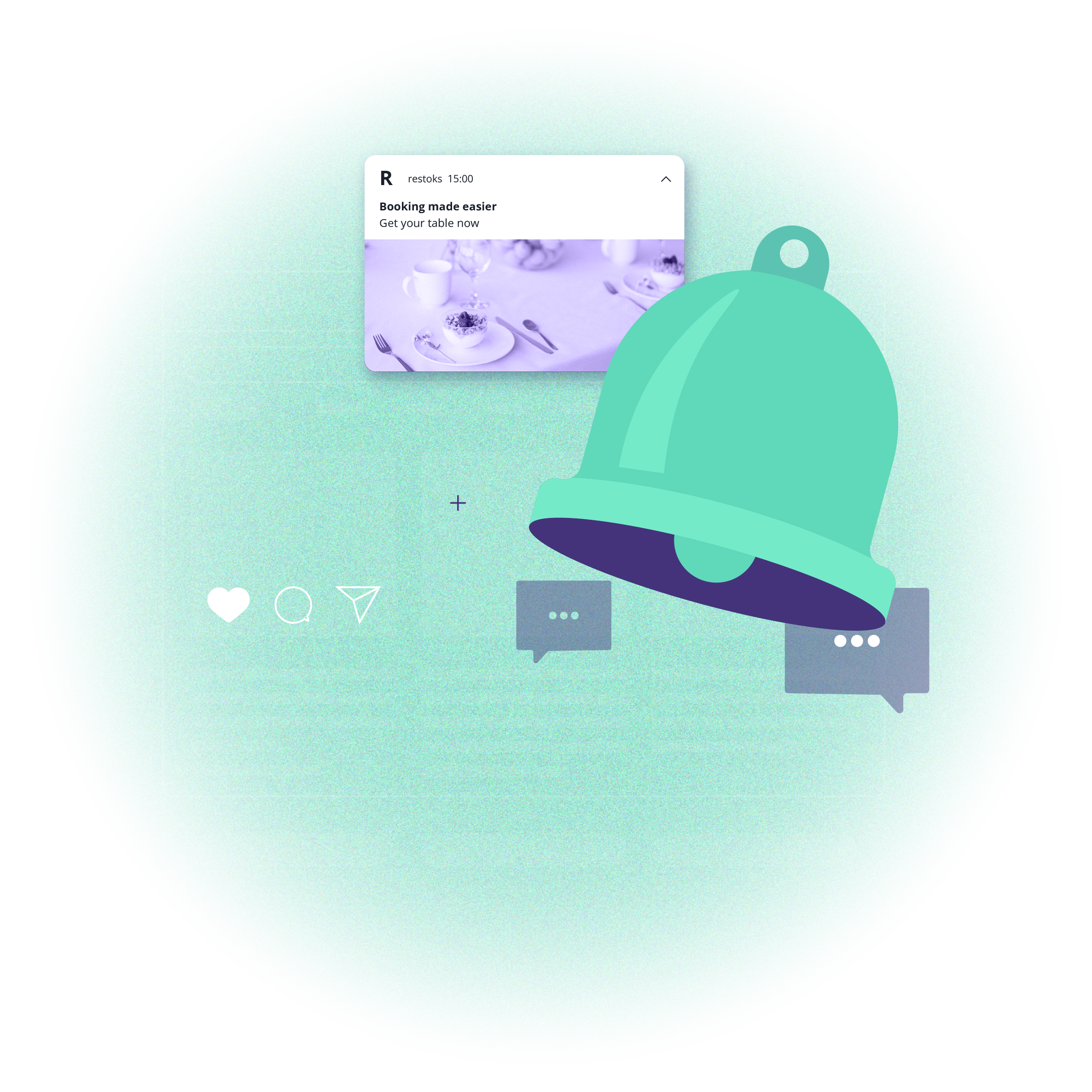What is permission marketing? Discover its most effective forms
 Katarzyna Kwartnik
Katarzyna Kwartnik
Permission marketing is a response to the fatigue of customers caused by traditional forms of advertising. It is also a response to consumer concern for online privacy, and on the other hand, the requirements of GDPR.
What exactly is behind this term and how can you adapt to its rules in practice?
What is permission marketing?
Permission marketing is, in other words, consensual marketing.
The concept was proposed by Seth Godin and is based on the belief that the marketing activities to which the recipient agrees are more ethical and more effective. I will quote a definition prepared by the creator of the concept:
Permission marketing is the privilege (not the right) of delivering anticipated, personal and relevant messages to people who actually want to get them.
Find out what email marketing is.
Permission marketing - examples
Consensual marketing concerns the communication of brands with customers, i.e. the sphere of establishing relations.
When you hear about permission marketing, your first thought is probably about newsletters. You're right, of course, but I want to tell you about another form of communication that users have to agree to.
Web push notifications as a permission marketing tool
Web push notifications are small messages that are displayed directly on the screen of a computer or smartphone - no matter what page you are currently browsing.

They are sent via a web browser and there is no need to provide an email address or any other personal information to become a subscriber. Sending them without the user's consent is simply technologically impossible.

Start testing web push - always for free up to 500 subscribers!
The user signs up for the website with a single click when visiting the website.
Web push notifications are still a new marketing channel, and thus - interesting for users as soon as they discover its potential. The content they send can perform the same functions as the newsletter but in a more limited number of characters.
This makes their CTR even 5 times higher.

What about newsletters?
Although web push notifications may be seen as an alternative to newsletters, for the time being they cannot fully replace them. At least because of that, some users are simply used to this form of communication.
Newsletters will also be useful if you really want to write a longer letter to your audience, and not just redirect them to your website and briefly convey some information.
The best solution is to combine both channels, which will allow you to build the largest possible base of subscribers.
Unfortunately, it is still the case that users subscribe to newsletters somewhat by accident, e.g. by making purchases and not precisely reading exactly the content of consents that they give. In such situations, it is not possible to talk about permission marketing.
Single opt-in or double opt-in?
Opt-in is the process of giving consent to receive marketing communications that cannot be ignored when talking about consensual marketing. This applies to both web push notifications and email marketing.
What is the difference between single opt-in and double opt-in? It’s part of the number of steps a user has to take to become a member of your audience.
When you subscribe to a newsletter, it looks like this: The first step is to enter your e-mail address and any additional data. The second step is to log in to your e-mail address, read the message and confirm the information you have provided.
And although double opt-in seems to be a more secure way, in the case of web push notifications, the registration rate increases by 600% for the single opt-in model.
When there is no need to provide an email address, there is no need to perform double verification - it’s just one click.
Benefits of permission marketing
To sum up I would like to emphasize the most important benefits of permission marketing:
You communicate with people who are really interested in your services/products.
You can be sure that you are 100% compliant with the law.
You do not spam your recipients, so you have a better chance of achieving the desired results.
Permission-based marketing should not be seen as another clever way to send commercial offers. Users agree to receive brand messages from brands because they want to stay in touch with them, be part of the community. Unfortunately, sending information about a sale once every three months will not work.
Finally, I encourage you to test one of the forms of permission marketing - web push notifications. Always free of charge up to 500 subscribers.

Content Marketing Manager @ PushPushGo
Words enthusiast both in literature and marketing. At PushPushGo responsible for developing content strategy and writing everything that needs to be written.
Try PushPushGo to engage and connect with your audience.
Create an account and start testing!




-rlxmrwbt0d.webp)
